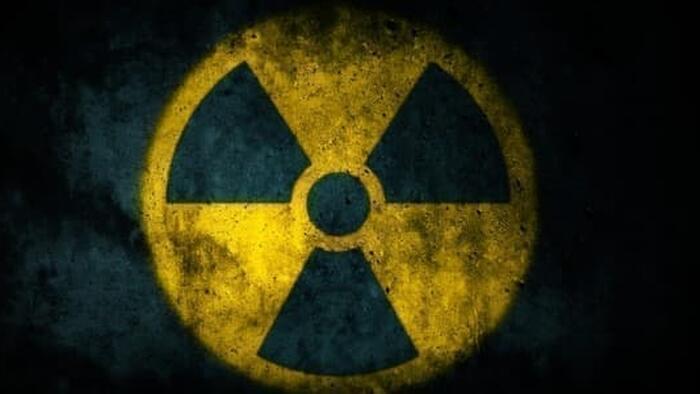The public perception of nuclear power has long been marred by notable accidents, particularly Chornobyl and Fukushima, leading to decreased investment and development in the sector. Despite these events, nuclear power remains a low-carbon energy source characterized by its safety and reliability. As the global community pivots toward sustainable energy solutions, there is a burgeoning interest in nuclear power as a pivotal element of the energy transition. A recent report from the Tony Blair Institute (TBI) highlights how the narrative surrounding nuclear energy could have drastically altered carbon emissions had it not been tainted by unfounded fears stemming from historical nuclear accidents. The three critical incidents—Chornobyl in 1986, Fukushima in 2011, and the Three Mile Island incident in 1979—significantly influenced public sentiment against the use of nuclear energy. In the long aftermath of these occurrences, many governments chose to lean towards fossil fuels instead of pursuing nuclear developments.
The TBI report suggests that the trajectory of the nuclear sector would have been notably different if public perception had aligned more positively with nuclear power. The report estimates that global carbon emissions could be approximately 6% lower today had the nuclear energy narrative evolved differently following the Chornobyl disaster. The catastrophic event at Chornobyl unfolded due to a series of human errors and operational inadequacies at the plant, which resulted in a catastrophic explosion and the release of substantial radioactive materials into the environment. Subsequent governmental mishandling of information during the disaster’s aftermath amplified public fear and skepticism toward nuclear power, stunting growth and development in the industry for decades.
Statistical insights provided by the TBI report reveal that, prior to Chornobyl, over 400 nuclear reactors were initiated within three decades. Since the disaster, however, fewer than 200 reactors have become operational worldwide. This substantial decline evidences that nuclear energy has failed to reach its earlier projected ubiquity, as policymaking shifted towards fossil fuel alternatives, primarily coal and gas. While Chornobyl remains a central point of concern, similar incidents like Fukushima and Three Mile Island have also contributed to an overarching narrative of nuclear danger that continues to influence decision-making around energy resources.
Nevertheless, the TBI report asserts that a “new nuclear age” is on the horizon, as various governments and environmental advocates acknowledge the need for nuclear energy in achieving a cleaner energy transition. With over 70 years of providing stable, low-carbon electricity, nuclear power stands in sharp contrast to most renewable energy sources that are reliant on weather conditions. Modern nuclear plants are designed to operate for substantially longer periods—up to 80 years—than many gas or coal facilities. This longevity coupled with nuclear energy’s capacity for constant generation positions it favorably as a more reliable power source amidst increasing global energy demands.
In terms of health and environmental impacts, studies consistently showcase that fossil fuels are significantly more detrimental compared to nuclear energy. Experts attribute approximately 7 million deaths annually to air pollution from fossil fuel combustion. By contrast, the risks associated with nuclear energy are remarkably minimal, with statistics revealing that coal leads to around 24.6 deaths per terawatt-hour produced while nuclear energy accounts for just 0.07 deaths for the same metric. Such data underline the need for a paradigm shift in how society perceives and utilizes nuclear energy, considering it offers a safer alternative for sustainable energy production.
The International Atomic Energy Agency (IAEA) advocates that modern nuclear facilities are among the safest energy generation sites globally, enforced by rigorous international safety standards and heightened training practices. As Tone Langengen, the lead author of the TBI report, articulates, the potential for a new nuclear age hinges on political leadership’s willingness to navigate past alarmist ideologies and engage with factual assessments regarding risk. The future of nuclear energy will greatly depend on a shift in narrative and a robust commitment to its safe implementation as a critical component of the global energy landscape. With the dual challenges of climate change and energy security at the forefront of international discourse, nuclear power could play an essential role in meeting these critical needs.

